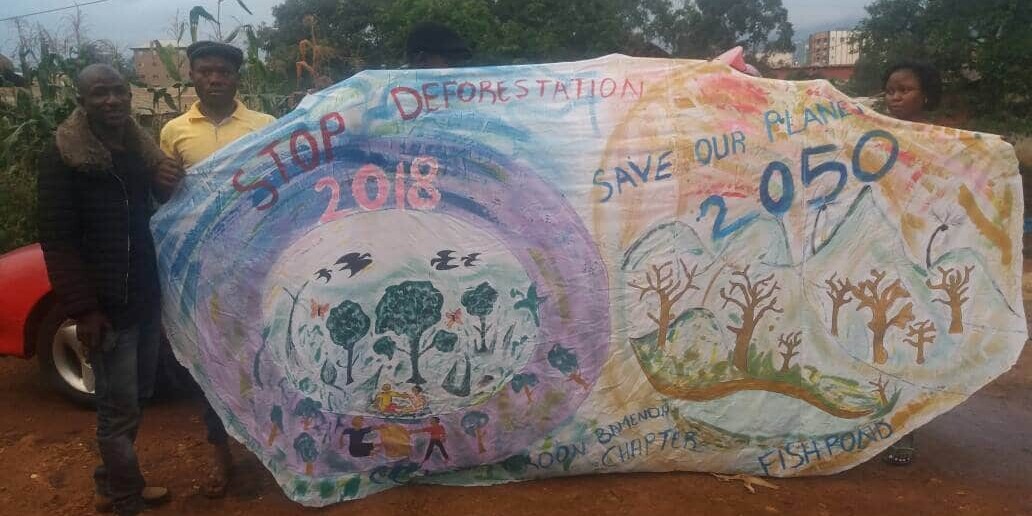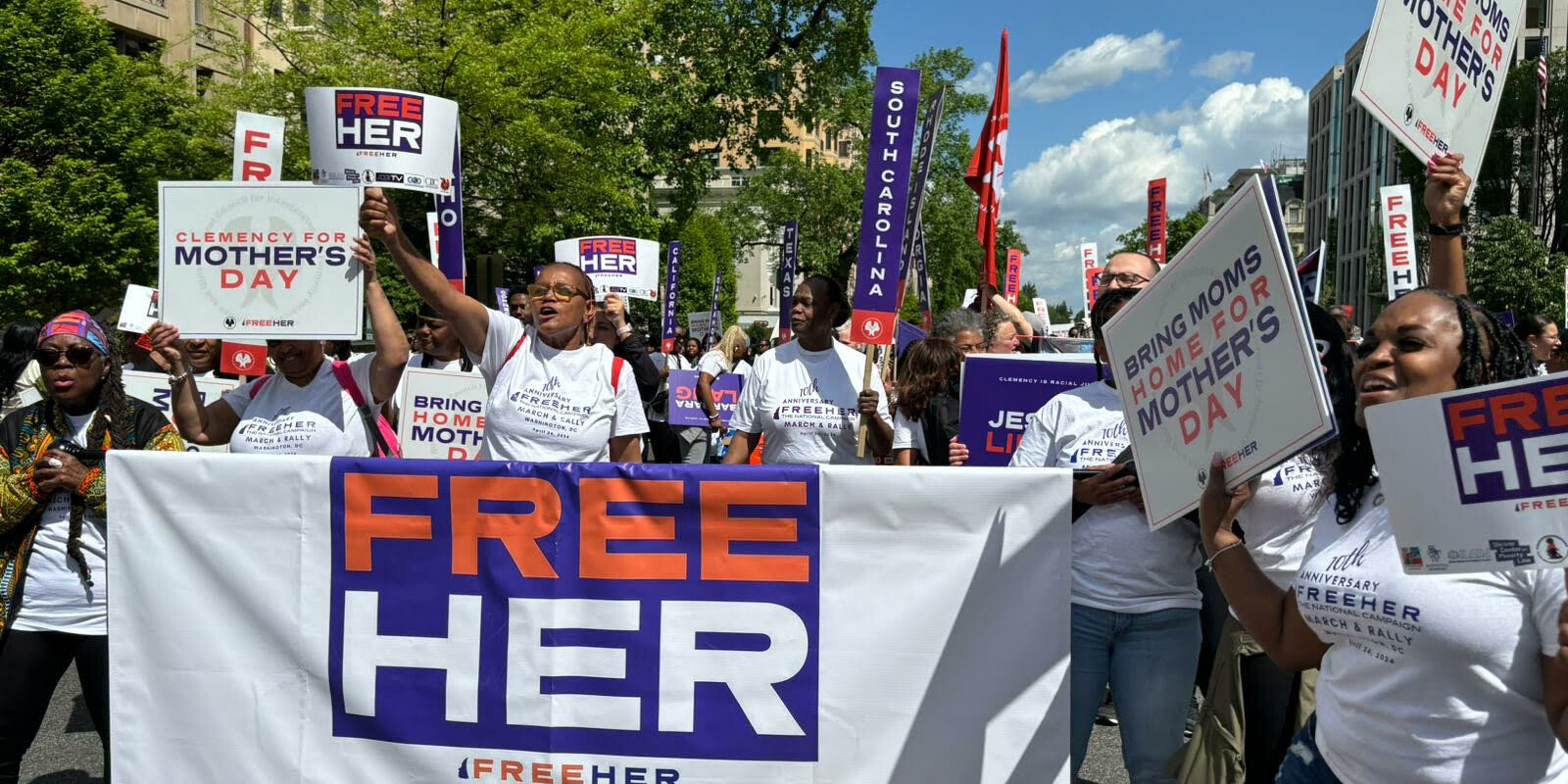The organization that met with much scrutiny for its Kony 2012 campaign to raise awareness of the horrors of the LRA and child soldiers in Uganda, has announced that it will be ending their US operations in 2015.
This interview in GOOD Magazine offers a balanced perspective with one of the founders of the organization and examines some of the reasons for the criticisms levied against awareness campaigns used by Invisible Children and others – namely, the over-simplification of an issue for purposes of reaching a wider audience through social media.
In the case of Invisible Children and the Kony 2012 campaign, we questioned the longer-term implications of an effort that dramatically simplified and miscontrued the situation on the ground in Uganda. We questioned the push for military intervention against a leader that was no longer in Uganda that left the local communities to deal with the ramifications of the increased violence such a strategy could unleash. We expressed our concern then, and would maintain the same concerns now, of the presumptions made by an outside organization in deciding the best policy and strategy without involving and consulting with the group of people who will bear the consequences.
In coming weeks as this story is picked up more widely in the media, we hope the discussion will continue. Clearly Invisible Children deserves a great deal of respect for raising awareness and a desire to become engaged, especially amongst young people, that they build through a deep understanding of social media and through a decade of face-to-face organizing. Significant questions remain about how social media campaigns – that respect and engage the grassroots realities they cover – can be effective tools to bring about lasting change.
Invisible Children Co-Founder, Laren Poole in Gulu, Uganda. Photo courtesy of GOOD Magazine




